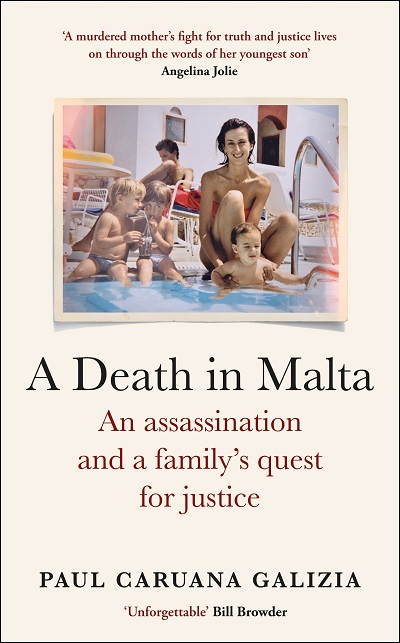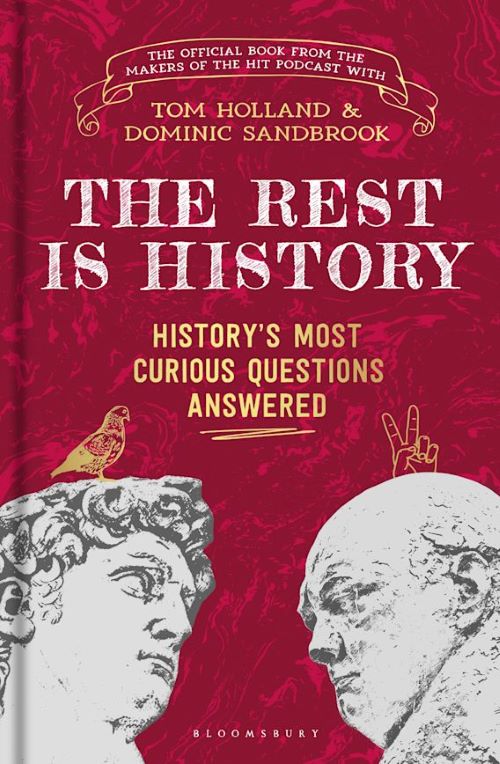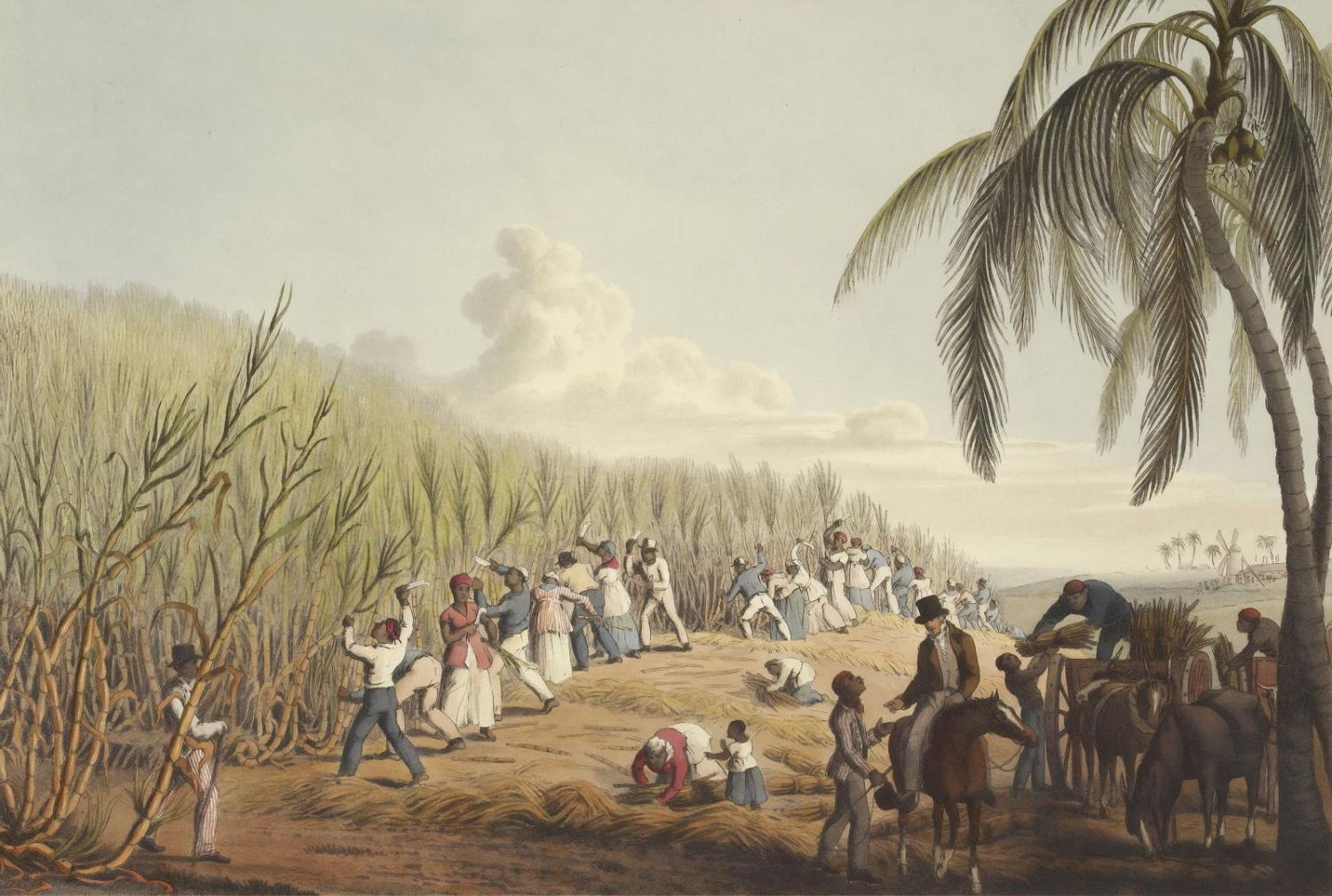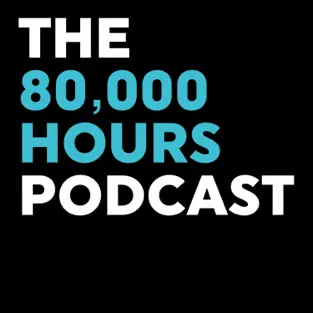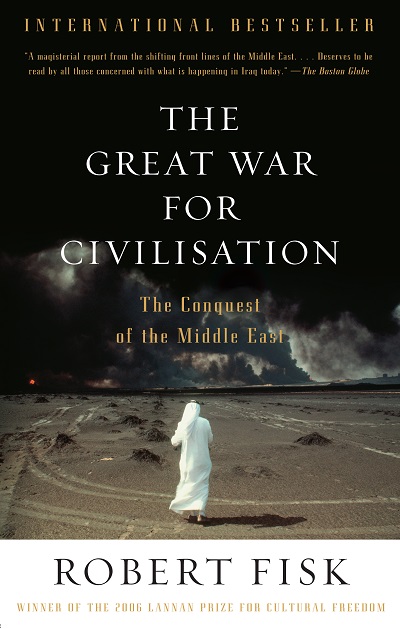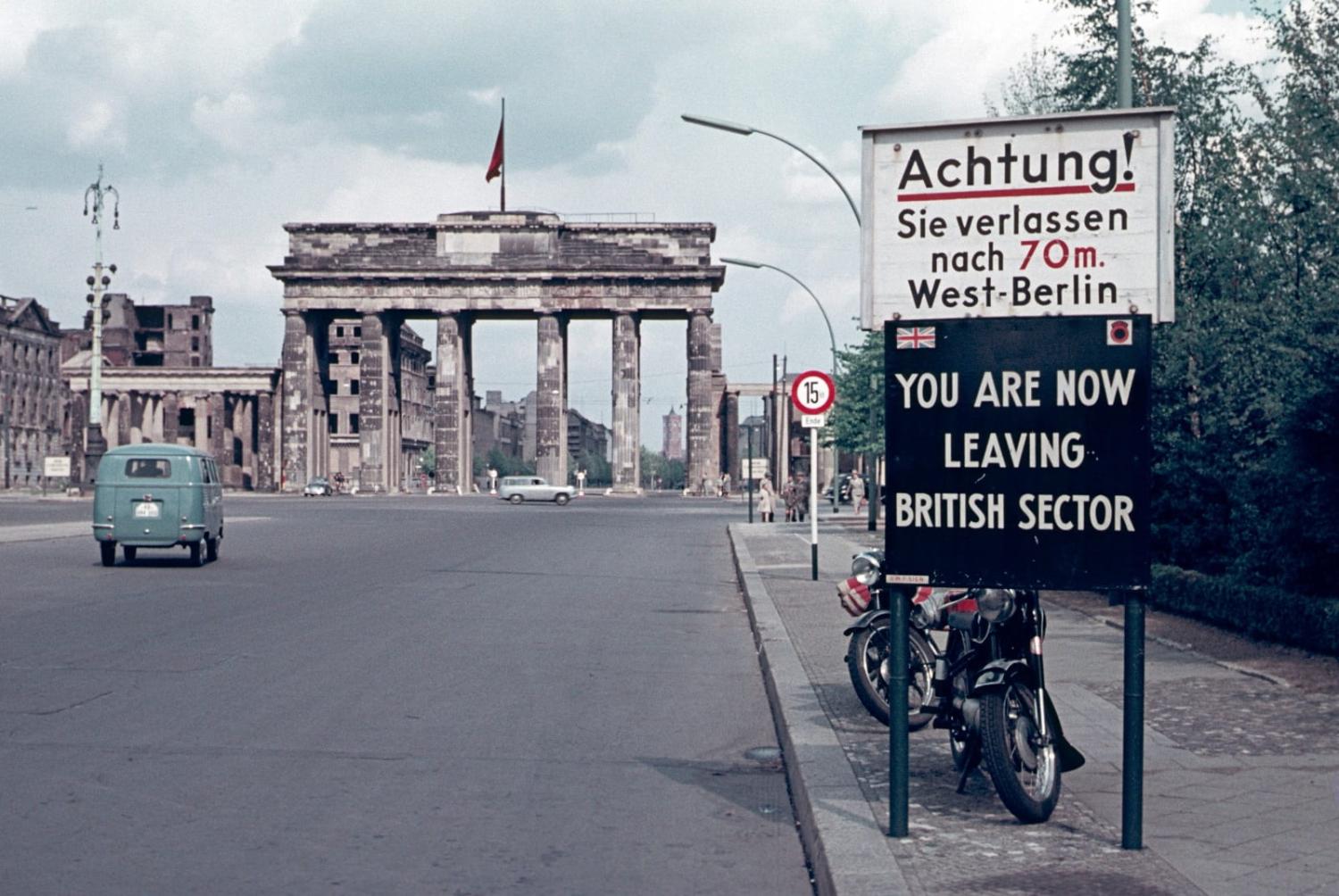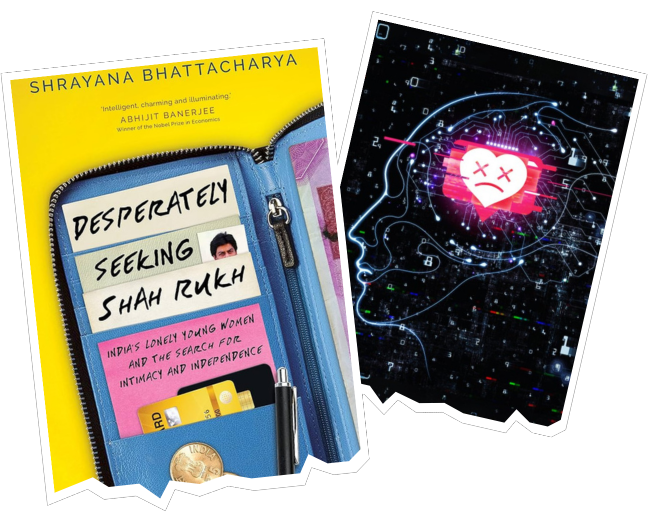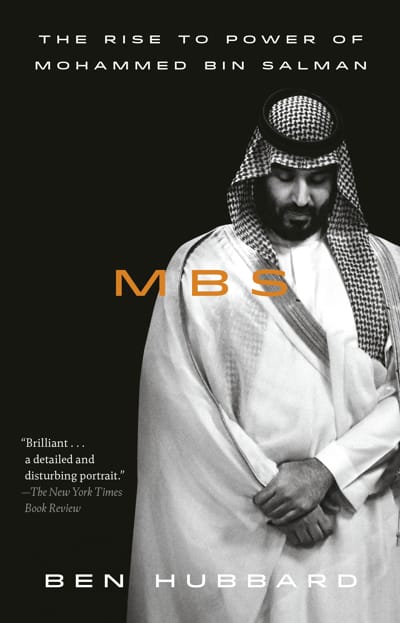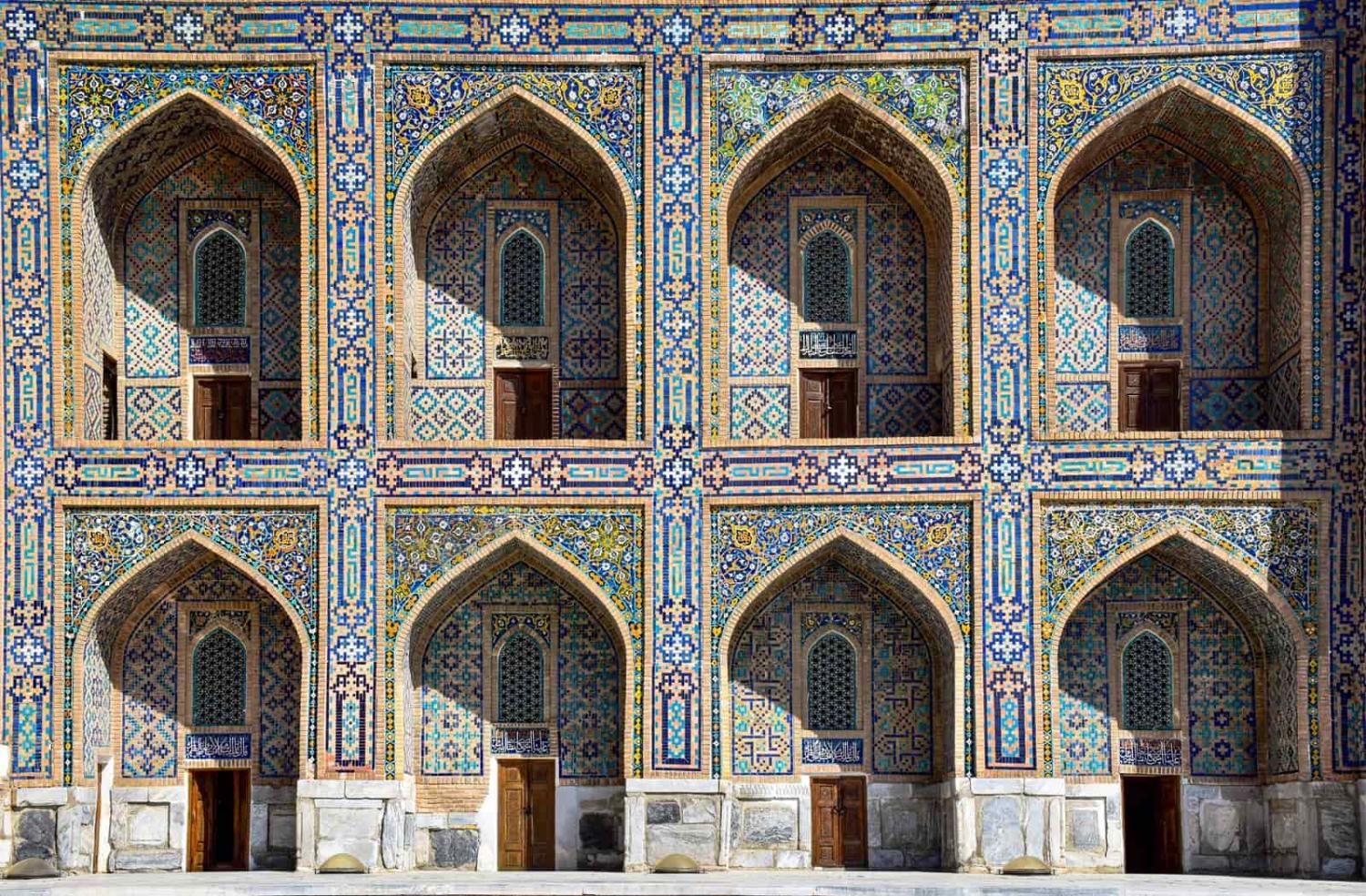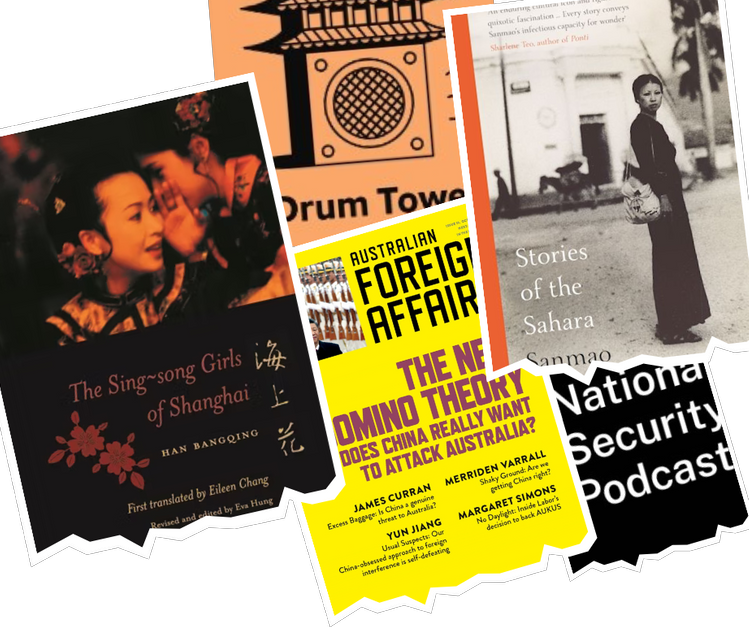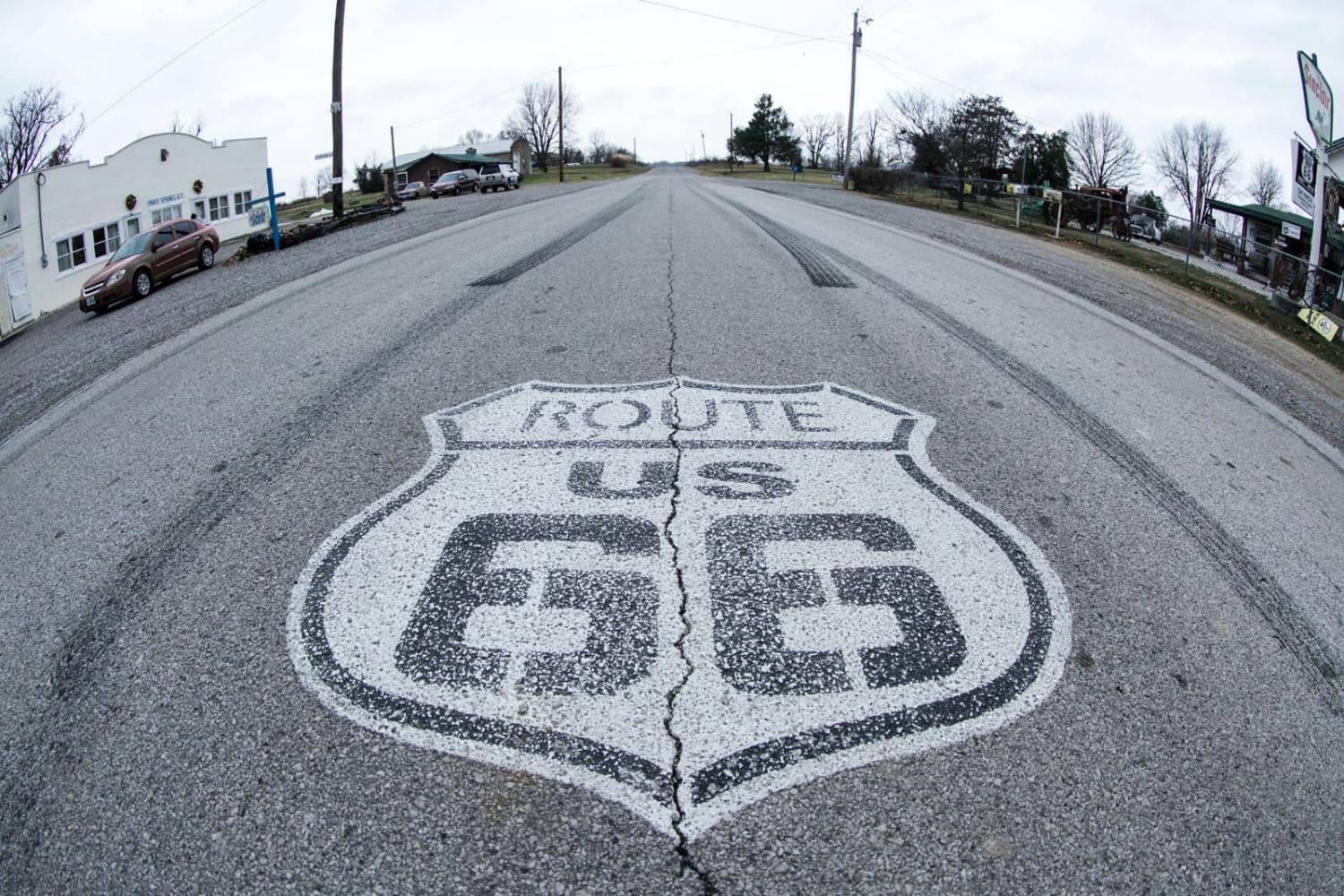We’re asking contributors to put together their own collected observations like this one – and as always, if you’ve got an idea to pitch for The Interpreter, drop a line via the contact details on the About page.
In all of cinema there is almost no actor who has been able to hold such sway over the audience as Indian superstar Shah Rukh Khan. This year, the 58-year-old has proven he still retains his magnetic power with Jawan (meaning “soldier” in Hindi) – a gargantuan blockbuster that has broken records at the Indian and global box office. It was also the most searched Indian film on Google for 2023.
SRK plays a prison warden, who with six female prisoners stages daring terrorist attacks that aim to reveal the exploitation in Indian society.
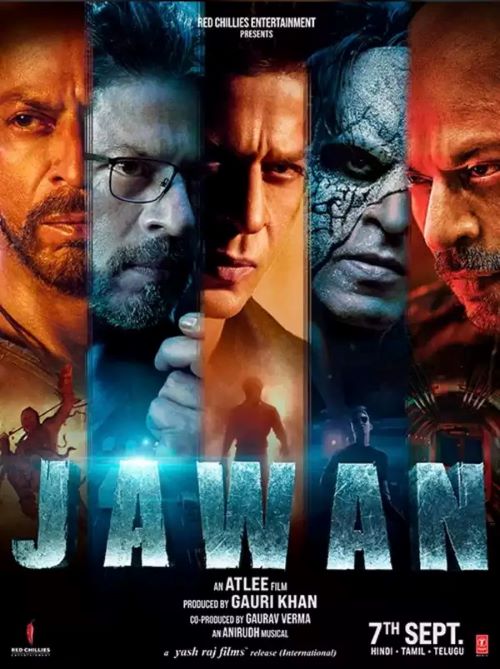
Jawan is a film about corruption, about the damage it does to society and how it rots at the foundation of democracy. It makes reference to real life crises, farmers committing suicide, an inept medical system, corruption in the military, and deadly environmental disasters. It is about how India as nation must fight for its democracy, and fight for a better world – and also a film where an amnesiac soldier in his 50s beats up a bunch of goons with a steel pipe, all the while smoking a cigar and never getting his perfect hair messed up.
Jawan is a blast to watch. We’re talking train heists, prison sieges, musical numbers, harrowing depictions of a neglected medical system. The film has it all.
With Jawan, SRK and director Atlee Kumar are creating a different kind of national myth for India, one that sees its heroes not just in the King SRK, but in its citizenry. In how the people of India, beyond divisions of class, gender, caste, ethnicity and religion, have a voice, and that they should wield that voice to call for a better government. The films climax literally includes SRK’s character giving a speech on live television about the importance of making an informed vote.
The message is blunt, but all great nationalist myths are blunt. Jawan creates a democratic and quasi-socialist national myth that serves to counter a domineering Hindutva nationalism favoured by the current BJP national government. It is a film well worth your time, and I’m not just saying that because of the scene where SRK wipes out a bunch of bandits using only a spear.



